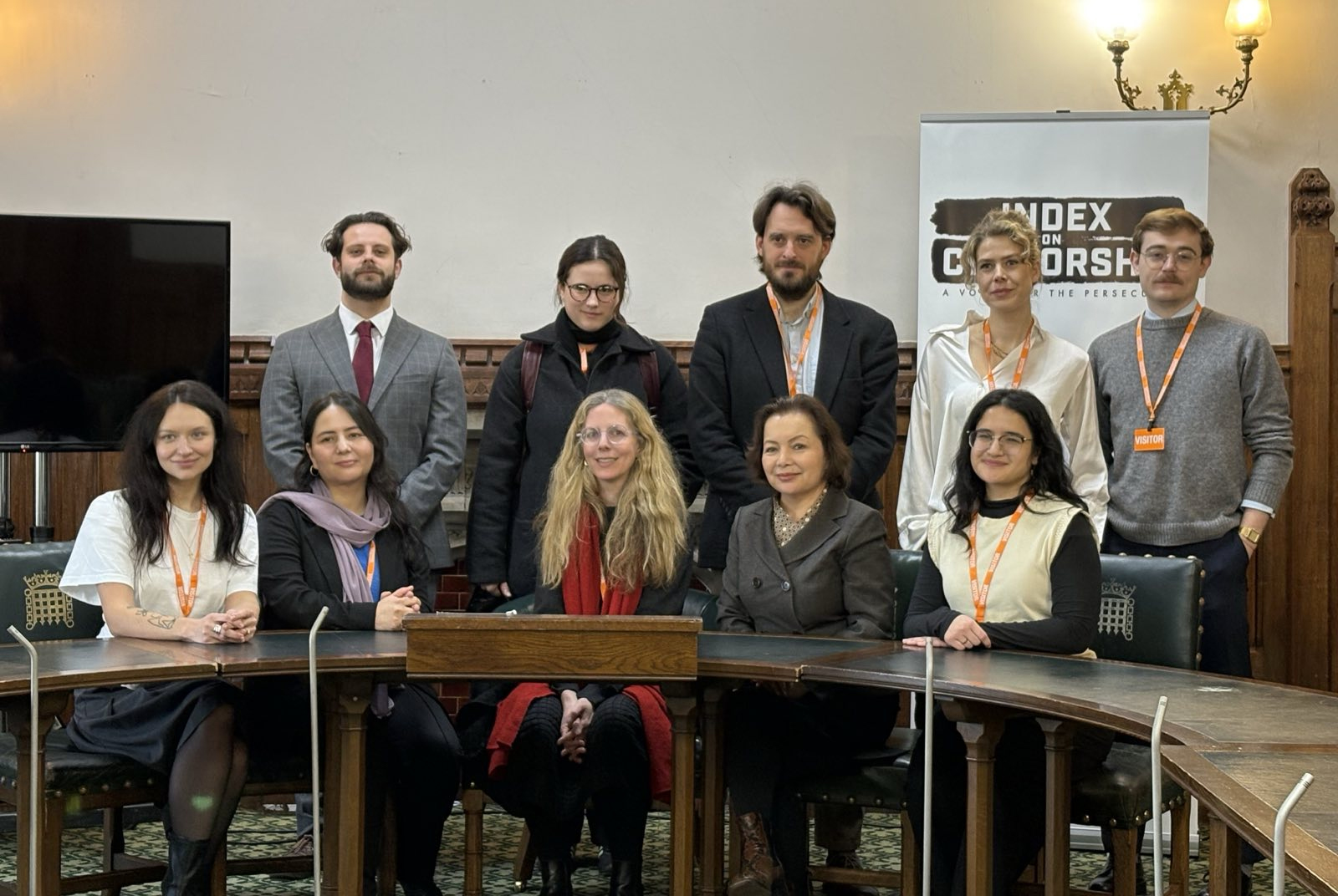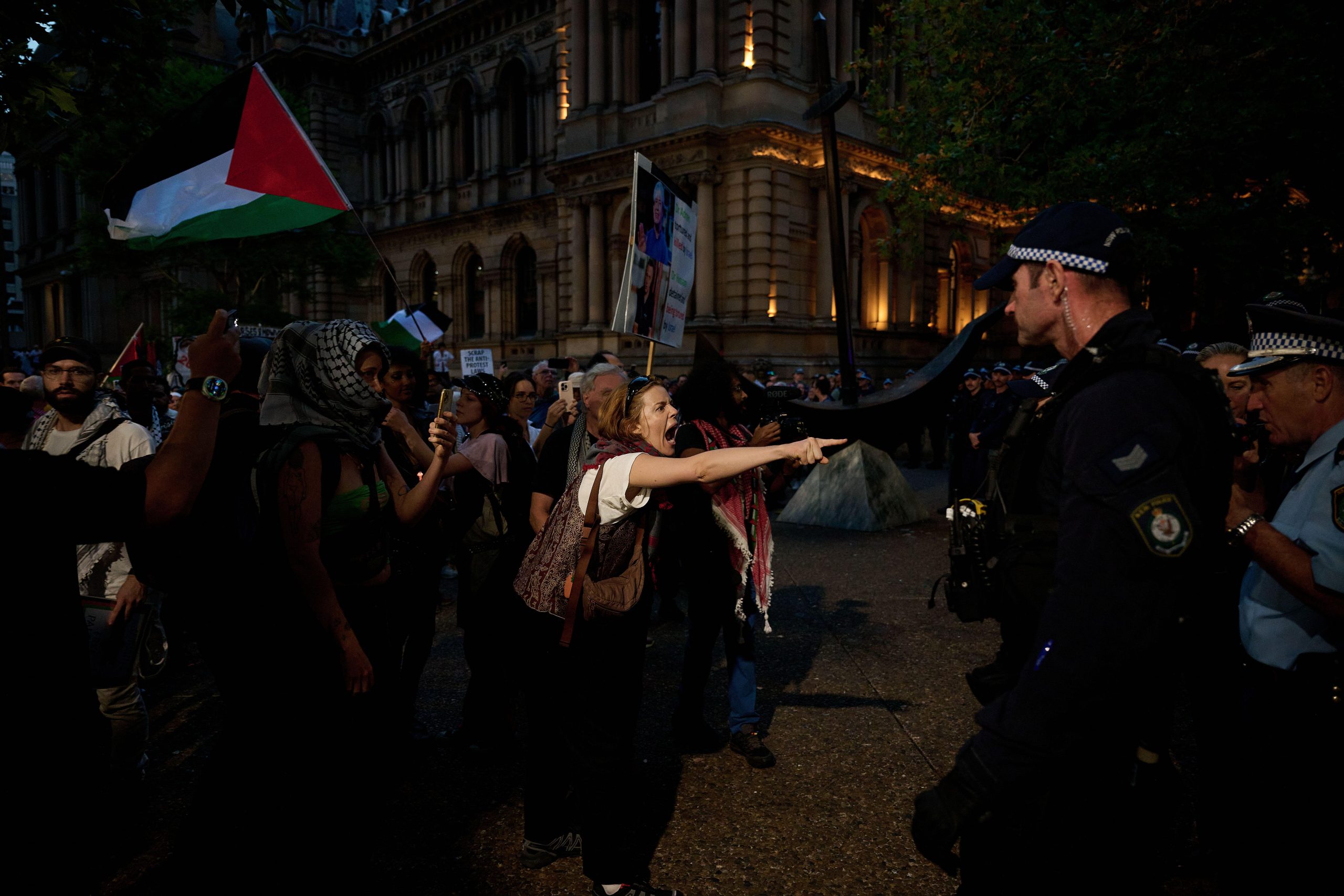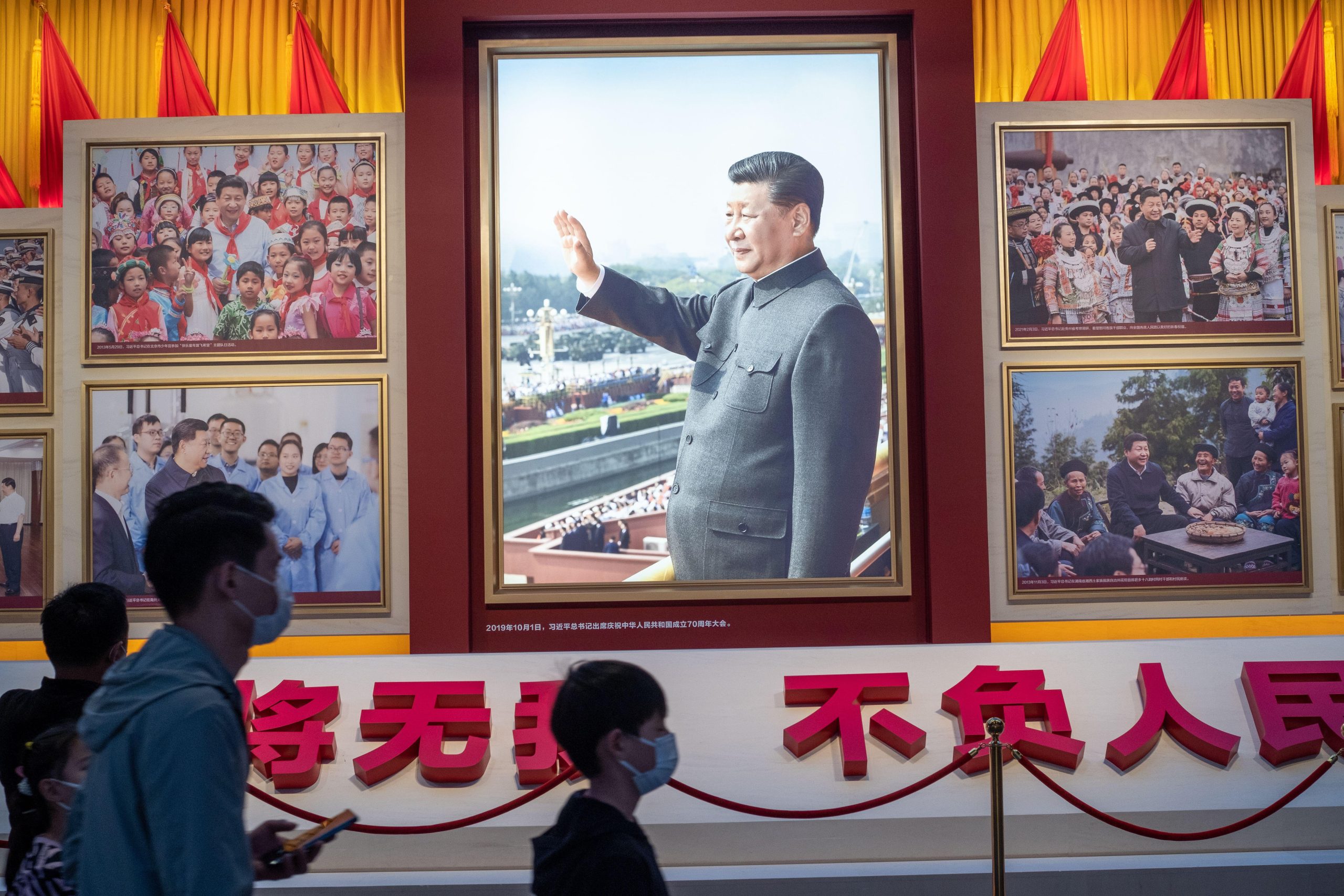 Narrow definitions of a bona fide protester smack of Victorian ideals of the deserving poor — Index defends everyone’s right to protest, writes Jo Glanville
Narrow definitions of a bona fide protester smack of Victorian ideals of the deserving poor — Index defends everyone’s right to protest, writes Jo Glanville
Brett Lock’s despair at Index’s lack of sophistication raises of one of the great ironies for free speech activists. Many of the landmark free speech cases have been fought in defence of individuals whose ideas, beliefs and attitudes are singularly unattractive. Take the famous Skokie case of the 1970s, when the American Civil Liberties Union fought for the right of neo-Nazis to march through a Jewish neighbourhood. Or the celebrated Oz trial of the same decade. The Oz Schoolkids issue which was prosecuted for obscenity could never be called great literature, but the ultimate success of the case was an important milestone in protecting the freedom of expression of all writers. It is the principle in these cases that matters and that needs defending.
Brian Haw may have some questionable beliefs, but his longstanding presence in Parliament Square became a symbol of protest and of the defence to the right to protest under the last government. Would our critics prefer that Index choose only the most deserving cases? How does one decide who is or isn’t a bona fide protester, worthy of the support of a free speech organisation? Rather than pick and choose the apparently desirable causes and victims, it’s important for Index to be consistent and defend Haw and the Democracy Village. New Labour brought in a chilling number of laws that infringed the right to protest — including the freedom to demonstrate around parliament, and the use of stop and search counter-terrorism legislation — and the coalition government’s commitment to repeal the restrictions around Westminster is to be applauded. The removal of Brian Haw at the state opening of parliament was therefore a worrying moment so early in the life of the new government.
As Bibi van der Zee pointed out in her piece for Index last week, the British have a long tradition of pitching their tents in protest — from Heathrow to road bypasses — on public and private land. And what could be a better spot for making your voice heard than opposite parliament? The legal argument around this case pitches the protesters’ right to free expression against the public’s rights and freedoms to access Parliament Square. But it is surely not the worthiness of the protesters’ cause that should be the central issue here.
Jo Glanville is editor of Index on Censorship and a member of the Ministry of Justice working party on libel reform




